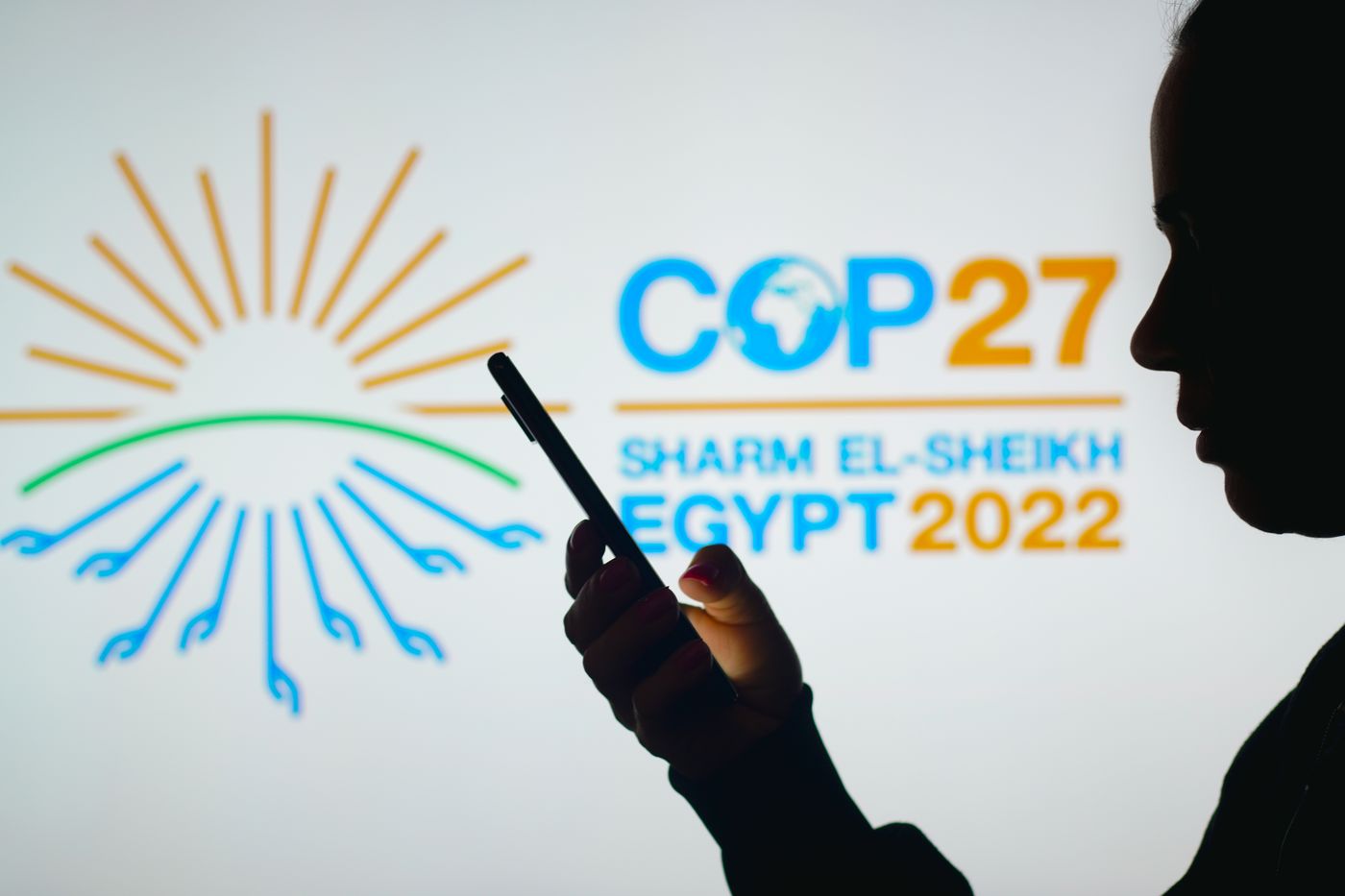Increasing importance of the GIS within Sisi’s regime
The fact that Egypt’s foreign intelligence service, of all things, could profit from the Climate Change Conference not only shows how authoritarian regimes are adept at using major international events for their own purposes but also how Egypt’s ruling regime is shifting.
At the beginning of his presidency, Sisi apparently had a rocky relationship with the GIS. As the former head of military intelligence, his power base relied exclusively with the armed forces. However, with the appointment of his then bureau chief Abbas Kamel as intelligence chief in 2018, the GIS’s political clout was visibly upgraded. Kamel is considered the president’s closest confidant, with media reports even referring to him as Sisi’s “shadow”. The president’s eldest son, Mahmoud al-Sisi, also seems to have risen quickly among the ranks within the agency.
Through this personnel change, the president entrusted the GIS with more and more tasks related to consolidating his rule, utilizing the Service to boost his independence from the country’s powerful military leadership. Already in 2019, the service was instrumental in preparing the constitutional referendum that allowed Sisi to extend his term in office. Since spring of this year, it has also been involved in the organisation of the “National Dialogue”, which, according to critics, simulates political participation rather than implementing any real reforms. In addition, parliamentary decree granted the Service far-reaching powers to establish its own economic enterprises, a privilege that was previously reserved for the military within the state apparatus. Its activities in the context of the COP27 are now a further indication that the GIS has gradually expanded to become a main instrument for exercising presidential power.
